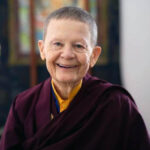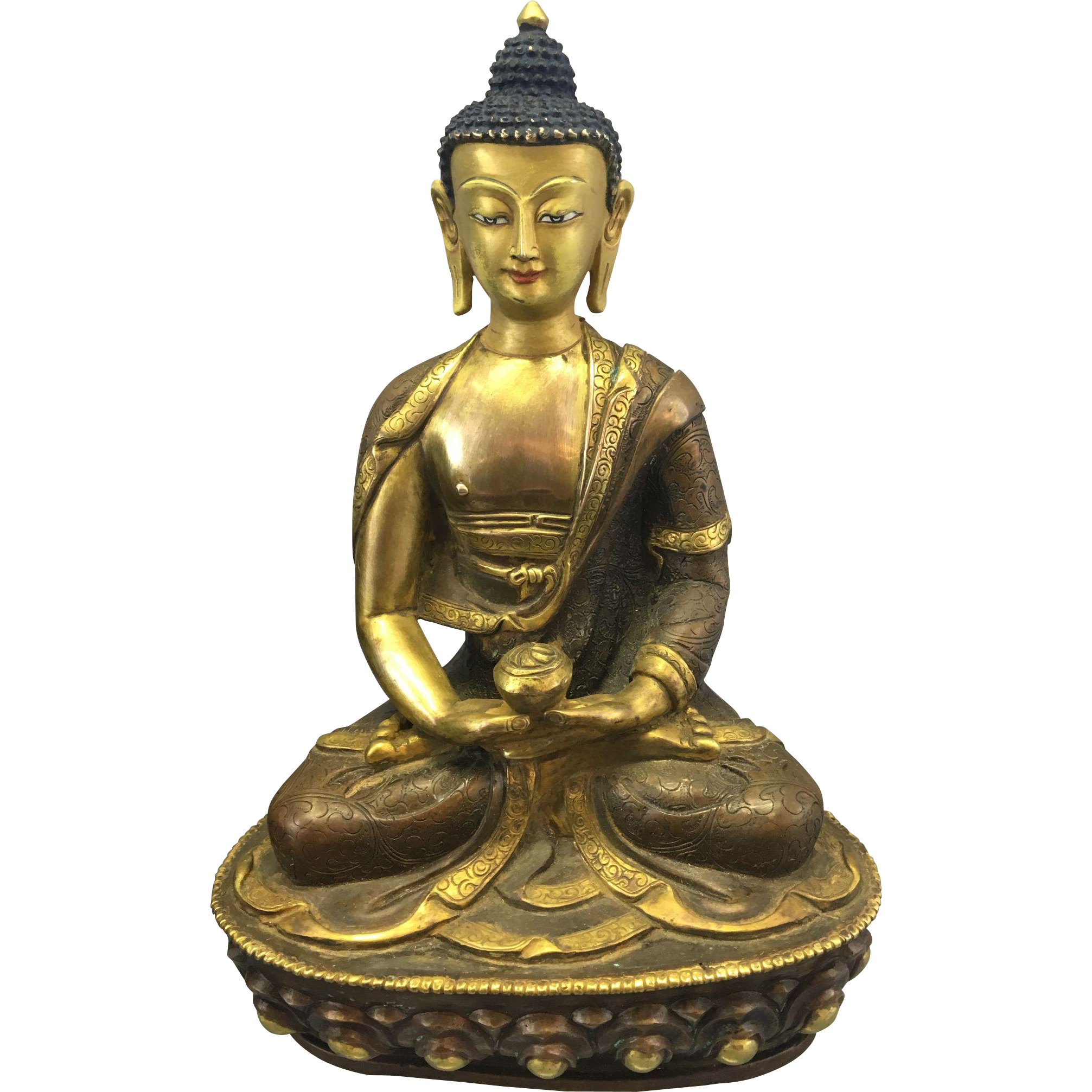Welcome to our fifty seventh online suggested practise for the week. We are now broadcasting a live teaching each Monday evening. If you would like to participate please contact us using the contact form on the homepage.
1.0) If you feel so inclined, begin by reciting the usual prayers (please follow below links for text). Alternatively, try to think or articulate a wish for all beings to achieve liberation from suffering, etc .
Four Thoughts: contemplating each in turn – http://northantsbuddhists.com/the-four-thoughts/
Refuge Prayer: twice in Tibetan, once in English – http://northantsbuddhists.com/the-refuge-prayer/

2.0) The Places That Scare You by Pema Chodron – Presented by Joyce Stirling


We are all children of the Great Spirit,
We all belong to Mother Earth. Our planet
Is in great trouble and if we keep carrying
old grudges and do not work together,
We will all die.
Chief Seattle
Forgiveness is an essential ingredient of bodhichitta practice. It allows us to let go of the past and make a fresh start.
When a close friend of mine was dying, a Tibetan teacher told her to review her life with honesty and compassion. This process led her to some pretty dark places, corners of her mind where she was stuck in guilt and resentment. The teacher then instructed her in forgiveness, saying the most important thing to do was to forgive herself. He suggested she do a variation on tonglen. She should begin by visualizing herself and then intentionally bring up all her life’s regrets. The point was not to dwell in painful memories but to contact the feelings underlying the pain: guilt or shame, confusion or remorse. The feelings didn’t have to be named; she was to contact the stuckness in a nonverbal way.
The next step was to breath these feelings into her heart, opening it as wide as she possibly could, and then send herself forgiveness. After that she was to think of others feeling the same anguish and to breathe their pain and hers into her heart and send everyone forgiveness. My friend found this to be a very healing process. It allowed her to make amends with those she had hurt and those who had hurt her. She was able to let go of her shame and anger before she died.
A woman who came to Gampo Abbey for a tonglen retreat had suffered severe sexual abuse from her father. She strongly identified with caged birds; she told me she often felt like a bird in a cage. During tonglen, she would breathe in the feeling of being small and caged; on the outbreath she would open the door and let all the birds out. On day she was sending and taking in this way, she experienced one of the birds flying out and landing on a man’s shoulder. Then the man turned around and she saw it was her father. For the first time in her life she was able to forgive him.
Forgiveness it seems, cannot be forced. When we are brave enough to open our hearts to ourselves, however, forgiveness will emerge.
There is a simple practice we can do to cultivate forgiveness. First we acknowledge what we feel-shame, revenge, embarrassment, remorse. Then we forgive ourselves for being human. Then in the spirit of not wallowing in pain, we let go and make a fresh start. We don’t have to carry the burden anymore. We can acknowledge, forgive and start anew. If we practice this way, little by little we learn to abide with the feeling of regret for having hurt ourselves and others. We will also learn self-forgiveness. Eventually, at our own speed, we will find our capacity to forgive those who have done us harm. We will discover forgiveness as a natural expression of the open heart, an expression of our basic goodness. This potential is inherent in every moment. Each moment is an opportunity to make a fresh start.
–oOo–
